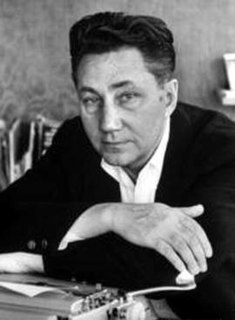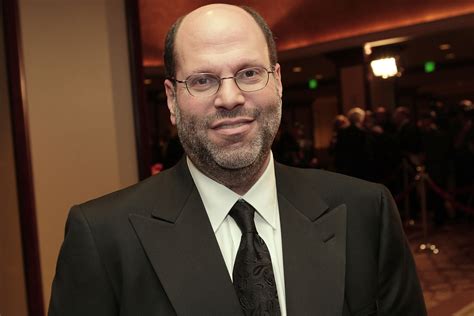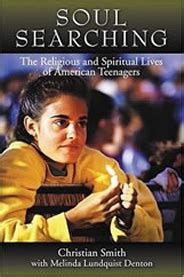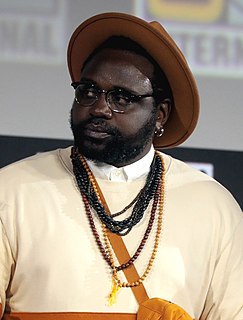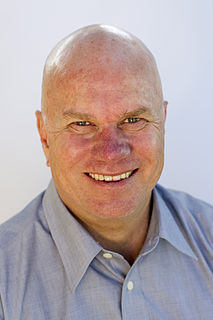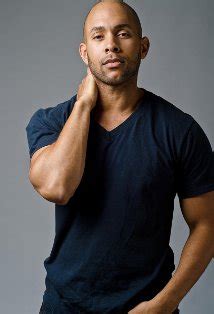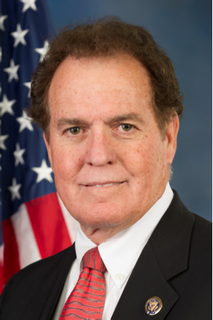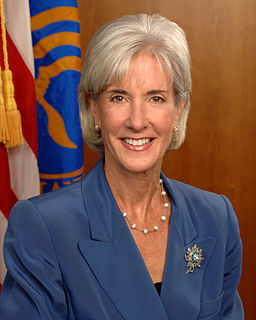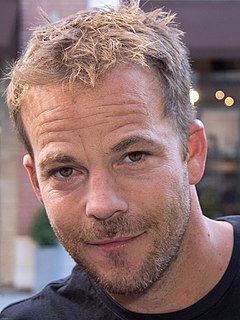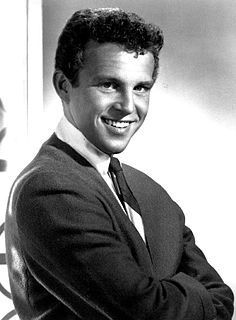Top 1200 Young Adults Quotes & Sayings - Page 5
Explore popular Young Adults quotes.
Last updated on December 19, 2024.
You're 25 and you're looking at adults of your parents' age and older saying, "I don't want to live that way," and this is how it happens. It evolves slowly and it's not the result of any movement. It's just young people look at the way their parents are living and if they don't like it they don't want to duplicate it.
Children, who have so much to learn in so short a time, had involved the tendency to trust adults to instruct them in the collective knowledge of our species, and this trust confers survival value. But it also makes children vulnerable to being tricked and adults who exploit this vulnerability should be deeply ashamed.
Acting really started for me because I was in a house full of adults. They never shielded their lives from me. They were adults going through this world doing what they had to do. I used to like to watch them and imitate them. They all have their own distinct personalities; even though they're family, we couldn't be more different people.
I consistently run into young adults who have quickly turned away from traditional jobs at great companies to try their hand at a start-up. I believe that some of this stems from the desire to strike it big like Mark Zuckerberg, but I also believe it is because starting a company has become far cooler than working in one.
Perhaps a modern society can remain stable only by eliminating adolescence, by giving its young, from the age of ten, the skills, responsibilities, and rewards of grownups, and opportunities for action in all spheres of life. Adolescence should be a time of useful action, while book learning and scholarship should be a preoccupation of adults.
I just got hooked on the radio, the voice of it all. It was my connection to metropolitan America, if you will. Sports, in particularly baseball then 'cause of its rich sediment of numbers, was one of the first things a young person could peg up with adults on - that is, you could know as much about Jimmy Fox as your father did.
In 1600 the specialization of games and pastimes did not extend beyond infancy; after the age of three or four it decreased and disappeared. From then on the child played the same games as the adult, either with other children or with adults. . . . Conversely, adults used to play games which today only children play.
Children are often envied for their supposed imaginations, but the truth is that adults imagine things far more than children do. Most adults wander the world deliberately blind, living only inside their heads, in their fantasies, in their memories and worries, oblivious to the present, only aware of the past or future.
The reality of this Obamacare provision is that young adults will be forced to subsidize healthcare costs for older, financially stable, working-age Americans. At a time when 20-somethings face underemployment, record school debt and less economic opportunity, it is unfair to saddle them with this burden.
It amazes me that we are all on Twitter and Facebook. By "we" I mean adults. We're adults, right? But emotionally we're a culture of seven-year-olds. Have you ever had that moment when are you updating your status and you realize that every status update is just a variation on a single request: "Would someone please acknowledge me?
Cisco projects that in 2020, now just five years away, there will be seven billion people on the earth and 50 billion devices connected to the Internet. Six-and-a-half devices on average per person. As a father of five young adults and teenagers, I think we are - in my household, we've exceeded the 6.5 number.
Writing for adults and writing for young people is really not that different. As a reporter, I have always tried to write as clearly and simply as possible. I like clean, unadorned writing. So writing for a younger audience was largely an exercise in making my prose even more clear and direct, and in avoiding complicated digressions.
The problem is that too many adults think their kids' lives are simple, or they try to make their lives simple, when their emotional lives are just as complicated as ours. They might have a few less tools to deal with it because they're young, but the emotions are all the same, and the subject matter is all the same.
I wish that the adults who are 'in power' cared more about what their children read. Books are incredibly powerful when we are young - the books I read as a child have stayed with me my entire life - and yet, the people who write about books, for the most part, completely ignore children's literature.
Adults...struggle desperately with fiction, demanding constantly that it conform to the rules of everyday life. Adults foolishly demand to know how Superman can possibly fly, or how Batman can possibly run a multibillion-dollar business empire during the day and fight crime at night, when the answer is obvious even to the smallest child: because it's not real.
On the craft level, writing for children is not so different from writing for adults. You still have to have a story that moves forward. You still have to have the tools of the trade down. The difference arises in the knowledge of who you're writing for. This isn't necessary true of writing for adults.
Public speaking is scary, I think. I've gotten way better at it. If I have to do a speech and be like, 'I'm a YouTuber,' then that's easy, but if I have to get up there and pretend I know something in front of adults, it's never fine. In front of adults, it's like, 'Ahhhh they're going to judge me.'
I think the main thing that we can do as adults helping young people to find the joy in reading, whether we're parents or caregivers or educators, is to come at that subliminally as much as possible and not to make it an issue. The key is to know the individual child and get them materials to read that's going to speak to them best.
There is little mysticism without an element of transcendence, and conversely, there is no transcendence without a certain degree of egocentrism. It may be that the genesis of these experiences is to be sought in the unique situation of the very young child in relation to adults. The theory of the filial origin of the religious sense seems to us singularly convincing in this connection.
You can't train kids in a world where adults have no concept of what science literacy is. The adults are gonna squash the creativity that would manifest itself, because they're clueless about what it and why it matters. But science can always benefit from the more brains there are that are thinking about it - but that's true for any field.
The younger generation forms a country of its own. It has no geographical boundaries. I've talked with young Hungarians in Budapest, with young Italians in Rome, with young Frenchmen in Paris, and with young people all over. ... These young people are going to do things. They are going to change things.
Curiosity is unknown. All adults were once kids and once curious, but as adults you don't remember that and you see curiosity when it's expressed in children as a pathway to household disaster. They're simply exploring their environment, manifesting their curiosity. So what you need to do is create an environment where curiosity is rewarded rather than punished, or thwarted.


